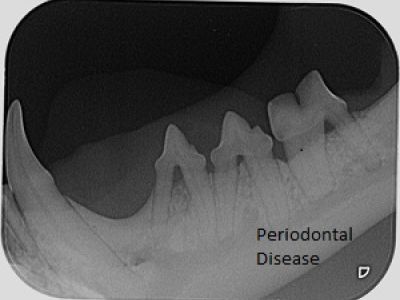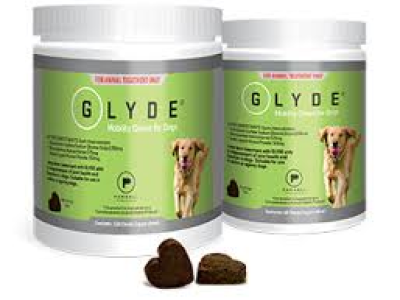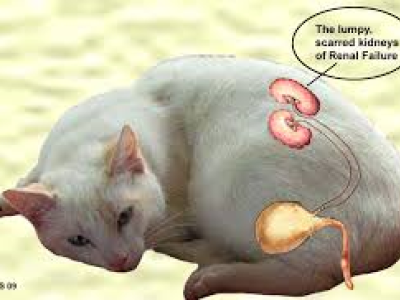Atopic Dermatitis

It is the season….Spring has arrived, the sun is out, there is fresh growth in our gardens and we all feel better for it.
Unfortunately, this brings along skin conditions due to pollens and allergens.
These skin irritations are referred to as “atopic dermatitis”. Atopy is typically associated with heightened immune responses to common allergens and the skin then responds through inflammation known as dermatitis.
This irritation can appear quite suddenly. Our pets may be laying on fresh grass, they may walk through a creeper or just be sensitive to air-born, environmental allergens. What we initially see as red skin, becomes itchy and can quickly turn into lesions. These lesions are caused by self-induced trauma through scratching, rubbing, licking and biting. It is then a constant circle, itch-scratch-self trauma. The earlier we seek treatment the less skin damage there will hopefully be.
The areas of the body most commonly affected are the face, feet and under the front legs. The treatment of these skin cases varies depending upon the severity of the lesion and the recurrence. Initially, bathing with shampoos designed to minimize itchiness can be beneficial, then diets rich in essential fatty acids can help longer-term. For short-term relief steroids can be given to break the “itch-scratch cycle”. Antihistamines can also be given along with topical sprays which can be applied to large surface areas. In severe cases a secondary skin infection may also be present, meaning antibiotics may be required. A common irritation can also be related to a flea bite allergy, so preventative medications can relieve this problem.
If the substance an animal is allergic to can be identified, the animal’s exposure can be limited therefore improving the condition. If we can’t find the source, we try to minimise the itchiness by using medication, controlling the environment and with food trials. Skin conditions can be exacerbating for owners. Some animals are more susceptible to these irritations and some breeds are more prone. As owners we can give a better quality of life to these pets by trying to control the severity of the dermatitis on a long-term basis. Each case needs to be treated on an individual basis for the best results. This is a common condition seen in summer but is also seen in animals kept in a heated environment in winter.
Atopic dermatitis is a progressive skin condition that cannot be cured but can be managed. There are now many options available to owners to treat these skin issues, so we encourage you to speak to us about the best regime for your pet.


